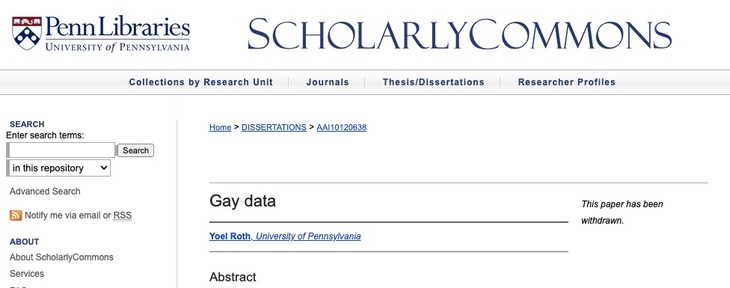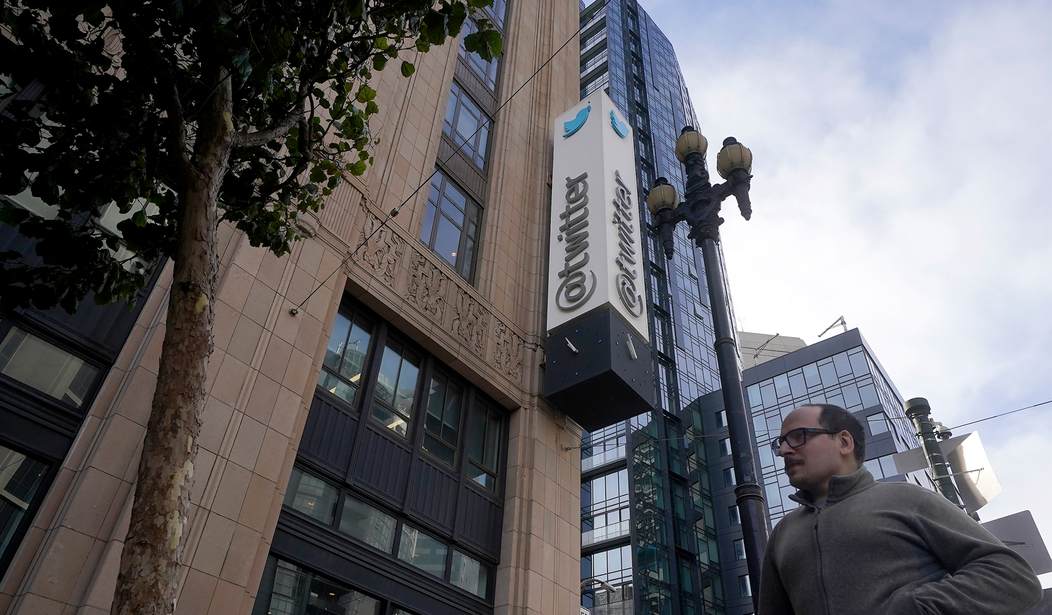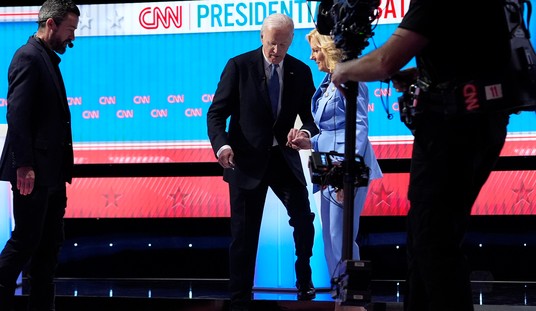A cover-up? Or an attempt to protect an alum against a “smear” campaign?
This started on Friday, when a dust-up occurred between new Twitter owner Elon Musk and his sometime-ally Jack Dorsey, the platform’s founder. Musk claimed that previous Twitter management had “refused to take action on child exploitation for years,” which Dorsey immediately rebutted by tweeting, “this is false.”
this is false.
— jack (@jack) December 9, 2022
Musk immediately shot back:
At the same time, Ned was spending millions of dollars on Warriors seats. Super messed up priorities.
— Elon Musk (@elonmusk) December 9, 2022
Thus far, no one had mentioned Yoel Roth, the former head of Twitter’s “trust and safety” efforts. Musk had kept Roth on for a short time after the acquisition but Roth either resigned or got fired shortly afterward. (Roth claims he resigned over Musk’s new directions for Twitter.) However, a child-abuse activist and advocate did some digging on Roth on Saturday and found a 2010 tweet in which Roth promoted a Salon report on a criminal charge against a high-school teacher for having sex with an 18-year-old student.
Can high school students ever meaningfully consent to sex with their teachers? http://bit.ly/bbpH68
— Yoel Roth (@yoyoel) November 20, 2010
Note that Roth didn’t take a position on that question in this 2010 tweet, nor in any follow-up; he merely tweeted the link and a general description of the debate. On that basis, Musk dug into Roth’s doctoral thesis at the University of Pennsylvania entitled “Gay Data.” In it, Roth apparently advocated for allowing minors to access gay- and queer-sex hookup apps:
Looks like Yoel is arguing in favor of children being able to access adult Internet services in his PhD thesis: pic.twitter.com/1NiBohjhMQ
— Elon Musk (@elonmusk) December 10, 2022
It’s worth noting here that Roth specifically endorses this as a means for “queer young adults” to engage each other, not older adults — at least in this excerpt. Still, advocating for minors to access sex hookup apps used by adults is at least putting minors at risk for exploitation, clearly, no matter how much Roth talks about “crafting safety strategies” to protect them on an app that he admits really only has one purpose.
Business Insider immediately responded by calling Musk’s tweet a “smear”:
Elon Musk smeared Twitter’s former head of trust and safety, Yoel Roth, by falsely and baselessly claiming that he supports the sexualization of children, in a tweet on Saturday.
Musk posted a snippet of Roth’s 2016 PhD dissertation from the University of Pennsylvania titled “Gay Data” and said: “Looks like Yoel is arguing in favor of children being able to access adult Internet services in his PhD thesis.”
The research paper is about Grindr, the location-based social networking app, targeted at LGBTQ+ people. In the excerpt Musk posted, Roth advocated for social platforms like Grindr to become safe spaces for queer youth under the age of 18.
Roth wrote that Grindr is not “a safe and age-appropriate resource for teenagers,” but since queer youth already use it, such platforms “should instead focus on crafting safety strategies that can accommodate a wide variety of use cases.”
Is that a “smear,” though? Musk’s specific allegation is that Roth advocated for allowing minors to access gay/queer hook-up apps that adults use for sexual engagement. Business Insider describes Roth’s argument as … encouraging these platforms to craft strategies that allow minors to use them. That’s exactly what Musk tweeted. The only difference is the presumed motivation for Roth’s thesis argument, which is more subjectively judged — unless the thesis itself has been misconstrued by excerpting something without context.
So is that what happened? Ordinary users may not be able to find out, thanks to the extraordinary step taken by UPenn over the weekend. Six years after the publication of the dissertation, UPenn withdrew it:

That will only throw gasoline on the fire. If indeed Roth’s dissertation has been misconstrued — which is entirely possible when slicing a few sentences out of any argument — the cure for that is publishing the whole document. The withdrawal of this document may not prove that it hasn’t been misconstrued, but it certainly looks like UPenn is suddenly embarrassed enough by its contents to hide it.
The Internet is forever, however; the dissertation can still be accessed in the Wayback Machine. A cursory look at the dissertation shows that the discussion of minors accessing the platform seemed to be limited mainly to this passage rather than the theme of the entire thesis. It was, however, part of a larger discussion about the responsibilities of platforms and their liabilities in connection to real-life events facilitated by their use. The general drift is that platforms shouldn’t be held responsible for what their users do, as long as some good-faith efforts at entry points are used. The most remarkable aspect to this dissertation is the contrast between the somewhat laissez-faire approach Roth took in his thesis to the practices he employed at Twitter,. To wit, this almost seems prescient, emphasis mine:
These structures of control and management are instantiated in terms of service, license agreements, and content management policies (discussed further below). While these policies are primarily intended to ensure a service’s compliance with national laws, or to provide indemnity for service providers in the event of illegal actions on the parts of users, it’s critical to recognize that they also have the effect of constraining what users are able to share on networked platforms. The emerging practice of content management (Gillespie, 2012) takes user expressions as a specific site for top-down control, applying often nebulous standards of decency and appropriateness to the wide range of content users share online.
That’s exactly what Roth did with Twitter — along with other Twitter management — while allegedly allowing child exploitation to continue unabated.
In the end, I’m not sure why UPenn withdrew the dissertation. It was the wrong choice, however. Like previous Twitter management, it seems that UPenn is much more interested in shutting down debate and scrutiny than facilitating either.







Join the conversation as a VIP Member